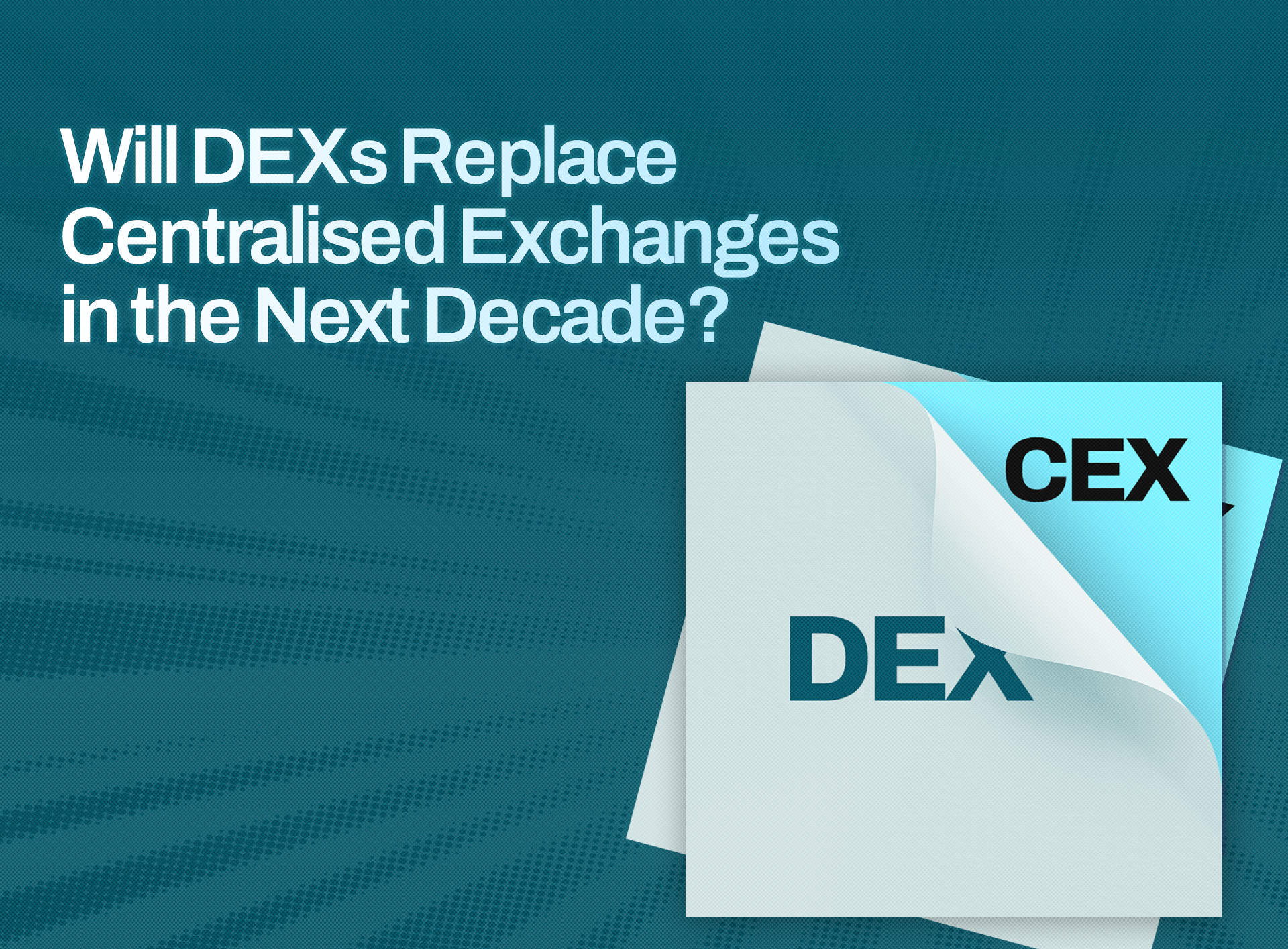Over the past decade, fintech has dramatically reshaped how we think about money, banking, and investing. But with the emergence of Decentralized Finance (DeFi), we’re now witnessing a deeper, more foundational shift—a reimagining of the financial system itself.
At the heart of this evolution are two critical enablers: Web3 and Software-as-a-Service (SaaS). Together, they are not only redefining how financial products are created and consumed but also how remote fintech teams are structured and scaled.
DeFi: A Borderless Financial Revolution
DeFi represents the next frontier in financial innovation. Built on blockchain technology, DeFi removes traditional intermediaries like banks and brokerages from financial transactions.
It replaces them with smart contracts—self-executing code deployed on decentralized networks such as Ethereum. This allows for peer-to-peer lending, decentralized exchanges, yield farming, and more—all without a central authority.
The implications are profound: anyone with an internet connection can access, use, and even build financial services that are transparent, permissionless, and global.
Unlike legacy finance, where institutions determine access, DeFi is open-source and inclusive by design.
But this revolution isn’t just technological—it’s also organizational. Most DeFi projects are built by remote-first teams that span continents.
These decentralized teams are enabled by the very philosophies DeFi promotes: openness, collaboration, and decentralization.
Web3: The Infrastructure Powering the New Finance
If DeFi is the “what,” Web3 is the “how.” Web3 refers to a decentralized version of the internet, where users own their data, applications are open-source, and value flows directly between participants.
Unlike Web2 platforms—like Facebook or PayPal—Web3 applications are often built on blockchains and operate without centralized servers.
For remote fintech teams, this has opened entirely new ways of organizing work and innovation:
- Transparent Systems: Every action on a blockchain is publicly visible, encouraging accountability.
- Tokenized Incentives: Contributors can be rewarded with native tokens, aligning work with protocol success.
- Permissionless Innovation: Developers can build atop existing protocols without waiting for approvals or partnerships.
This new infrastructure allows DeFi startups to build fast, iterate openly, and deploy services at a global scale—often with smaller, more agile teams than traditional banks or fintech companies.
And with the rise of decentralized autonomous organizations (DAOs), many Web3-native teams are now governed by the very users and contributors who help build them.
SaaS: Enabling Remote Collaboration at Scale
While Web3 provides the ideological and technical foundation for decentralized work, SaaS tools make it operationally possible. Remote fintech teams rely heavily on SaaS to collaborate efficiently, manage complexity, and remain compliant.
Here’s how SaaS enables these decentralized teams:
- Project Management & Coordination: Tools like Jira, Notion, and Trello help organize sprints, document decisions, and track progress across time zones.
- Real-Time Communication: Slack and Discord keep teams connected across continents, while Zoom and Google Meet provide face-to-face interaction.
- Cross-Border Payments: Platforms like Deel, Wise, and Stripe enable companies to pay contractors in over 100 countries with minimal friction.
- Cloud Infrastructure: Services like AWS and Infura provide scalable backend support for Web3 and fintech applications.
In essence, SaaS has become the digital workplace for fintech, enabling productivity without geographic limitations.
Remote Fintech Teams: Embracing New Work Norms
The rise of Web3 and DeFi has created not only new technologies, but new organizational models and cultures.
Fintech companies that operate in this space often reject traditional corporate structures in favor of decentralized, fluid team setups.
Key cultural shifts include:
- Asynchronous Workflows: With contributors across time zones, teams increasingly favor async communication over live meetings.
- Pseudonymous Contributions: Many developers contribute to DeFi projects under avatars or wallet addresses, judged by merit rather than credentials.
- Merit-Based Roles: Web3 teams value what you can build or contribute, not where you studied or worked previously.
- Community-Led Growth: Product decisions and roadmap prioritization are often influenced by token holders or DAO members, making communities integral to team direction.
This remote-first, flexible model has become a magnet for global talent, enabling Web3 companies to recruit and retain top-tier contributors who may never set foot in the same office.
Talent Explosion: The Rise of Web3 Jobs
With the expansion of DeFi and Web3, there's a growing demand for skilled professionals across disciplines—from Solidity developers and blockchain auditors to product managers and community builders. Companies are increasingly tapping into a global talent pool to stay competitive.
For job seekers, this means exciting new roles that are remote, decentralized, and mission-driven. You can now find high-impact web3 jobs that offer compensation in crypto, flexibility in location, and the chance to shape the future of finance.
This is a radical shift from the traditional finance job hunt, which often meant relocating to financial hubs like New York, London, or Singapore.
In the Web3 era, the world is your workplace.
Challenges on the Road Ahead
Despite the promise, remote Web3-based fintech teams face several hurdles:
- Regulatory Uncertainty: Compliance frameworks vary widely across jurisdictions, making cross-border operations tricky.
- Security Risks: Poorly written smart contracts have led to millions in losses; security remains a top concern.
- Operational Complexity: Managing payroll, tax compliance, and HR across multiple countries is a logistical challenge.
However, innovation in these areas is ongoing. Tools for decentralized identity, on-chain governance, and crypto-native compliance are maturing rapidly, promising a smoother path forward.
Conclusion: Building a New Financial Future
The convergence of DeFi, Web3, and SaaS is more than just a technological upgrade—it’s a shift in how we work, organize, and innovate in finance. Remote fintech teams are now leading the charge, powered by open protocols, collaborative tools, and a global mindset.
For builders and professionals alike, this is a moment of immense opportunity. Whether you're a developer, designer, strategist, or growth hacker, the decentralized future of finance is calling.
To be part of this movement, explore the latest web3 jobs and discover how you can help shape a more inclusive, transparent, and resilient financial world—no office required.
Disclaimer: This article was written to provide guidance and understanding. It is not an exhaustive article and should not be taken as financial advice. Obiex will not be held liable for your investment decisions.




